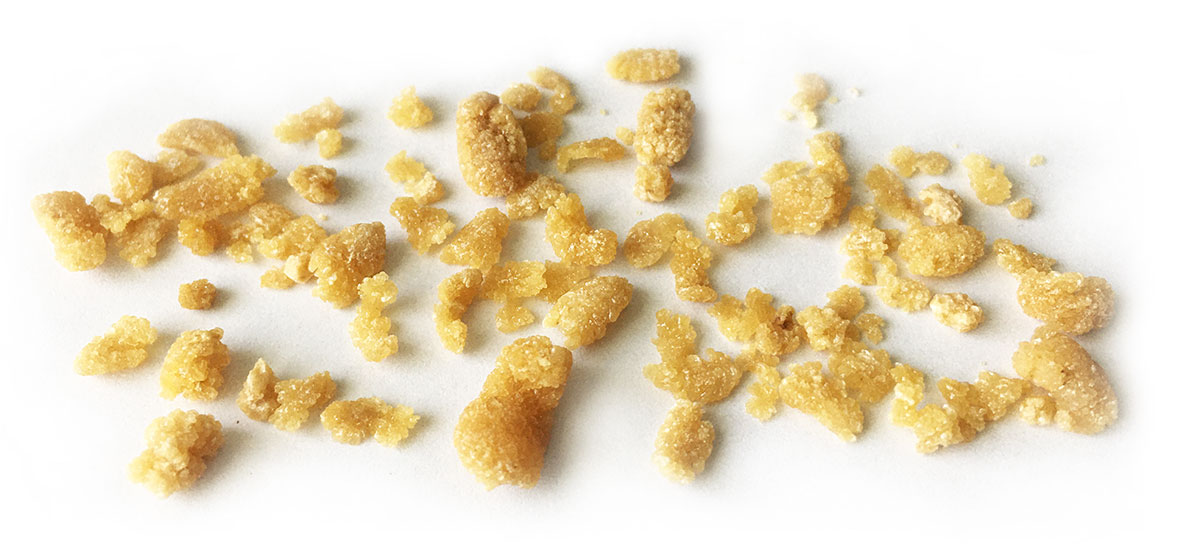Prevention
Because Cystinuria is a genetic disease, there is no way to prevent someone from getting Cystinuria, but with water, lifestyle and medication, you can learn to live with Cystinuria and reduce the number of stones and late night trips to the ER.
- Water is perhaps the most common prevention method used. Nearly everyone you come into contact with will tell you to drink water!
- Regular consultation with a knowledgeable specialist
- Annual CT or ultrasound tests to assess stone presence
- Regular urine testing to monitor cystine excretion
- Frequent at-home urine pH testing to ensure elevated pH for improved cystine solubility (if urinary alkalization is part of your treatment regimen)
Low Methionine Diet
Methionine is the amino acid from which we get cystine. To reduce the amount of methionine ingested would also mean a reduction in the cystine produced. Methionine is found in animal protein.
The diet is simple. Reduce animal protein by eating less meat, limited milk, yogurt, cheese and other dairy, no eggs and no fish. Stock up on green vegetables and other forms of vegetable protein such as nuts, beans.
Alkalization
This is raising your unrinary pH to a level of 7.5 – 8.0. Having a high pH means that the environment in the kidneys is not conducive to forming stones.
You can alkalize your urine by using an alkali such as Urocit-K, Polycitra, sodium citrate, potassium citrate or sodium bicarbonate. To work out how much alkali is necessary just take 24 hour urine profiles to find your low spots and alkalize accordingly. A persons pH is dependent on what they eat. This is why some people follow a low meat, high green vegetable diet, even if they are not following the low methionine diet. Green vegetables and lemon juice naturally raise the pH of the urine. Meat, fish, sodas and alcohol naturally lower it.
Remember that a pH of 8.0 and higher is likely to encourage calcium stones to develop.
You could also use lemon juice in water to a dilution which is drinkable. Although lemon juice is acidic it acts on the body like an alkaline and raises pH.
If you are using a sodium based alkali, you may be advised to reduce your salt intake. You may choose to reduce your added salt, avoid processed foods and foods which have a high salt content.

